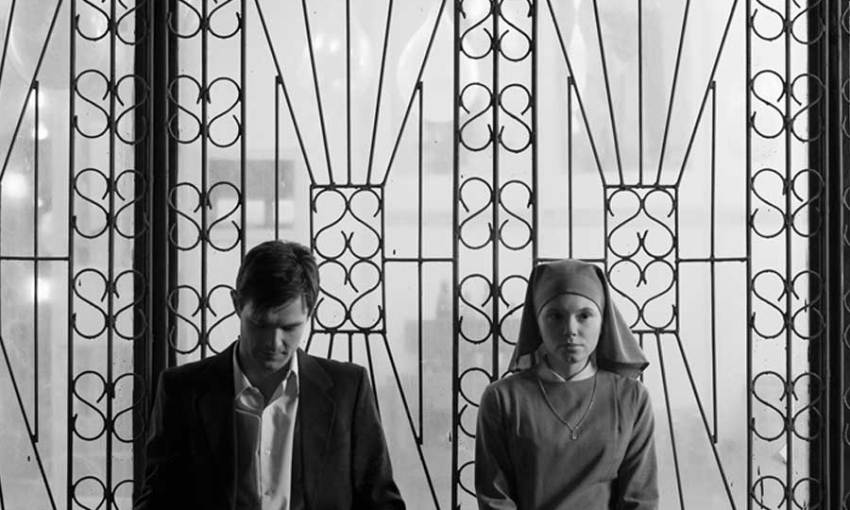With few words and sparse but beautiful imagery, Pawel Pawlikowski's Ida tells the tale of post-WWII Poland with sharp detail and emotional elegance.
Film review: Ida
Taking as its starting point a tributary plot that mirrors Luis Bunuel’s Viridiana, Pawlikowski begins Ida in a convent where we follow Anna – an orphan just reaching adulthood who is on the brink of taking her vows.
Called away from the bleak and monotonous routine of daily life in the nunnery to speak with the Mother Superior, Anna is matter-of-factly reconciled with a number of harsh realities. She is told of the existence of one living relative, an aunt, who refused to take custody of Anna as a child despite several entreaties from the nuns. Those at the convent insist Anna visit this final surviving family member before she commits herself to the church.
Reluctantly, Anna heads to the city where she finds her hardened and hard-drinking Aunt Wanda who immediately reveals the falsehoods under which Anna has thus far been living. Anna, it becomes clear, was actually named Ida at birth and despite her current allegiance to Christianity, she is Jewish.
It is typical of the film’s style that these catastrophic pieces of information are delivered with realistic understatement. Stripped of the usual cinematic tricks such as an overblown soundtrack or fast-paced cinematography, the emotion of the moments echo clearly through the wonderfully restrained performances of the actors – Agata Trzebuchowska as Anna/Ida and Agata Kulesza as Wanda.
The encounter with Anna forces Wanda to return to the truth of her own choices during the Nazi occupation when the two embark on a road trip to find the graves of Anna’s parents and details of their deaths. Formerly high-up in the judiciary of the communist party, Wanda has seen and done things which have slowly broken her down. Travelling across the country and almost across time as they swing from the old world lifestyle of small villages to the up-and-coming trends of ’60s jazz music in more populated areas, both women transform.
Subtle, humourous and gentle – Ida is characterised by a confidence in sparse direction. The few words of dialogue echo around the largely empty frames, leaving ample room for audience members to bring their own intellect into the world of the film.
Ida opens in South Australia in limited release on May 29.




